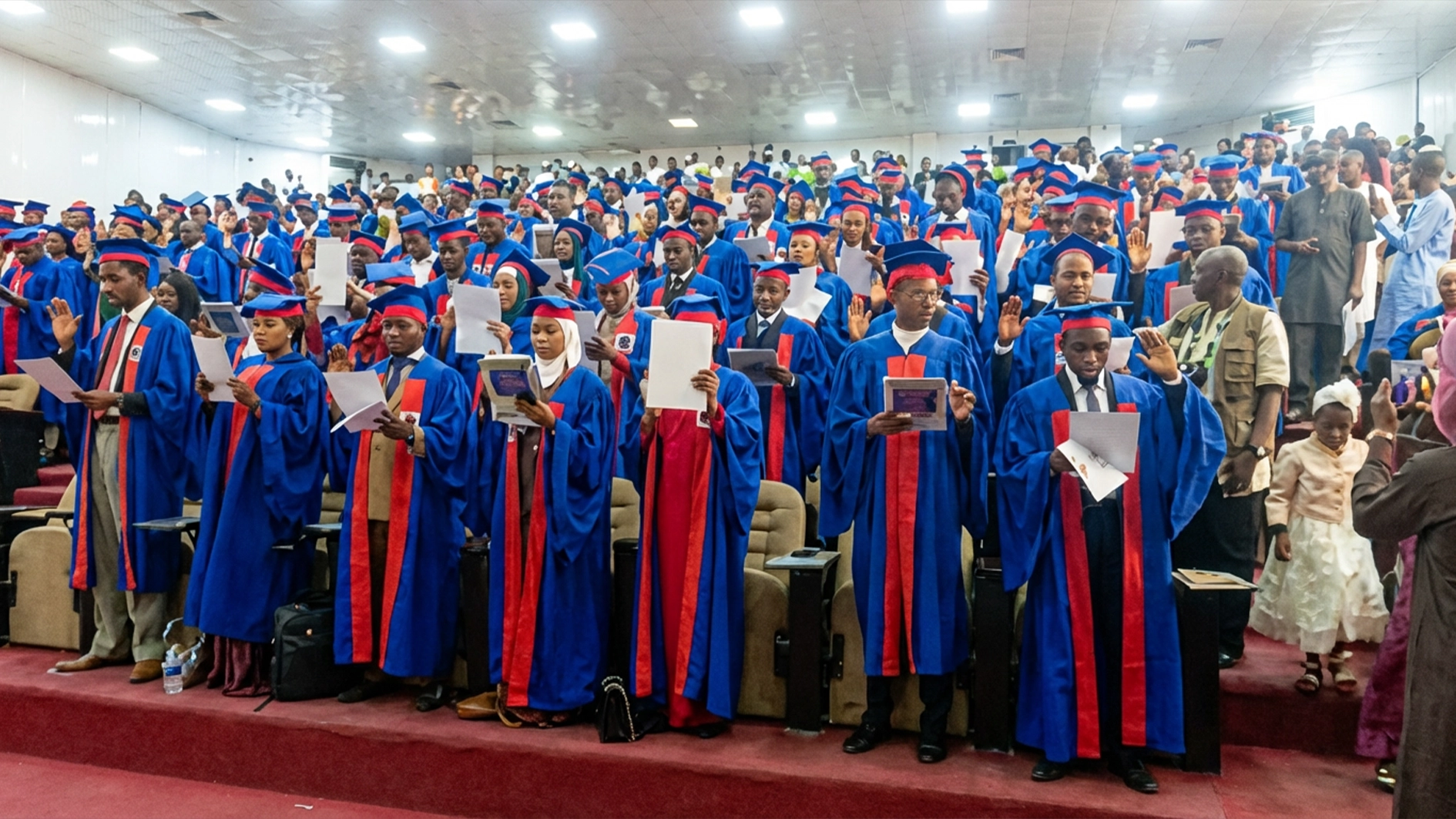The Healthcare Federation of Nigeria (HFN) has urged the government, private sector and civil society to set up a coordinated, technology-driven and sustainably funded emergency medical response system.
The group made the call in Lagos on Wednesday during the presentation of its position paper on the coordination of emergency response in Lagos and Nigeria to the Special Adviser to the Governor on Health, Dr Kemi Ogunyemi, and the Permanent Secretary of the Lagos State Ministry of Health, Dr Olusegun Ogboye.
HFN said current failures in the system are costing lives daily, with national ambulance response times now averaging over 45 minutes, more than five times the global standard.
“In Lagos, the figure stands at 17 minutes but can stretch beyond an hour in critical cases,” HFN stated.
The paper also revealed that over 92 per cent of emergency patients get to hospital without pre-hospital care or ambulance transport, lowering their chances of survival.
Although Nigerian law guarantees citizens the right to immediate life-saving treatment, the Federation said enforcement remains weak, with less than 10 per cent of federal emergency care funds reaching frontline services since the fund was created.
It identified other challenges such as poor public awareness of the 112 and 767 emergency numbers, weak coordination between agencies, unreliable funding, low insurance coverage for pre-hospital care, poor dispatch technology, and underused private sector capacity.
HFN president, Njide Ndili, said emergency care must be treated as a fundamental right. “The golden hour after trauma or acute illness determines whether a patient lives or dies. Yet for millions of Nigerians, timely, lifesaving care remains out of reach. We have the laws, the funds, and the capacity. What we need now is the will to integrate and act,” she said.
Ogunyemi welcomed the recommendations, noting that some measures were already in progress and that private sector collaboration would help speed up reforms.
Ogboye also pledged commitment, saying priorities include integrating private ambulance services and increasing public awareness of emergency numbers.
Other members of the HFN delegation included the MD/CEO of Health Emergency Initiative, Mr Paschal Achunine, who spoke on the group’s Basic Life Support training for bystanders, and the CEO of Code Red Nigeria, Anita Orji, who explained how their mobile app tracks real-time hospital bed availability in Lagos.
HFN said it will continue to work with government agencies, donors and civil society to develop a fast, coordinated system capable of saving more lives.






